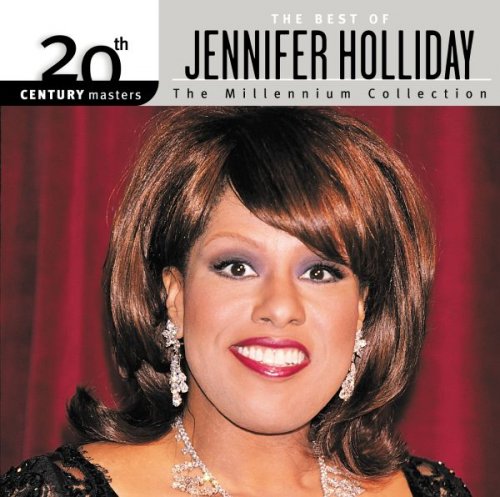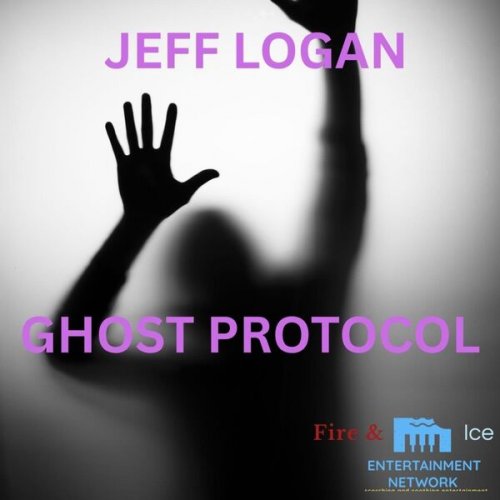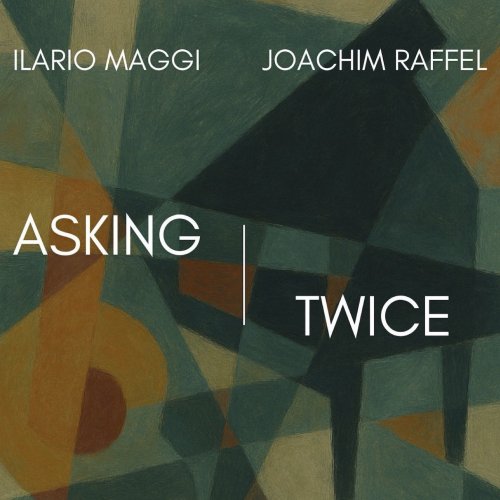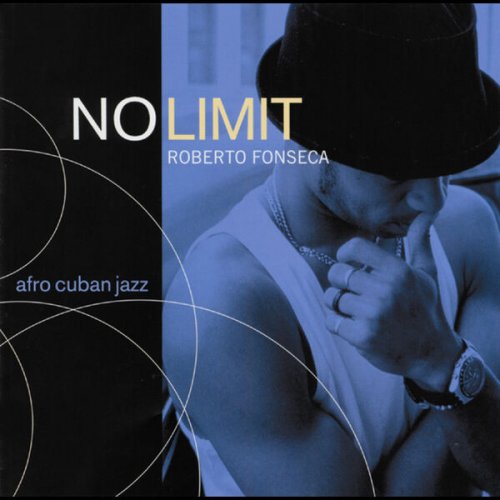Horla - Fantômes (2019)
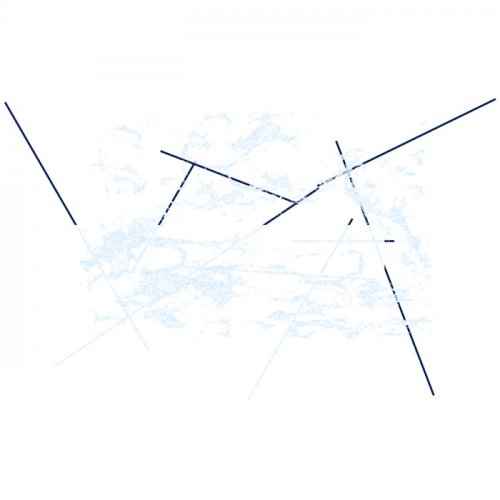
Artist: Horla
Title: Fantômes
Year Of Release: 2019
Label: Le Cabanon Records / LECABANONALBE001
Genre: Experimental, Electronic
Quality: lossless (tracks)
Total Time: 42:33
Total Size: 225 mb
WebSite: Album Preview
TracklistTitle: Fantômes
Year Of Release: 2019
Label: Le Cabanon Records / LECABANONALBE001
Genre: Experimental, Electronic
Quality: lossless (tracks)
Total Time: 42:33
Total Size: 225 mb
WebSite: Album Preview
1. Opium quartet (06:33)
2. Bois-Pierre (02:57)
3. Jumbo score (07:15)
4. Haschich jazz (03:22)
5. The coconut fall (04:47)
6. Qui sont ces fantômes (04:37)
7. Palissandre spleen (02:18)
8. Veillée pour les morts (06:13)
9. Frame-Océan (04:31)
Inaugurating the “Albe” series— a collection of LP’s to be released on Le Cabanon Records— Fantômes is the first album by Horla.
Fantômes is a musical isthmus, a frontier seldom travelled, a sonic corridor wherein animated bodies, sounds and dreams, instrumental and woody murmurs roam. Composed over the course of two years spent in Madagascar, the writing of this record bore witness to the insolent profusion and phantasmagorical incarnations of tropical wildlife, to strange rituals, animism and other mysterious relationships to the vegetal and its sensitive phenomena. Horla breathed in the various poetics of these space-times, circumscribed them into an empty shell, to then bring them into music as one brings a subject into painting in order to reveal its drama and imperishable nature, unburdened by anecdotes and the inertia of daily life. Thus, of these worlds of passage, of cycle and permeability, the ambiguities of rhythm and time, of harmony and tone reveal themselves.
Permeated by vast geographical wanderings, the sonic colours evoked in this album never truly take root in one particular place, except perhaps in the ever subtle evocation of a nature of sounds, not without links to the sounds of Nature. These colours arise from the fusion of synthetic and instrumental timbres, with physically modelled synthesis sometimes growing indistinguishable from microphonic recordings of acoustic instruments, who in their turn resemble certain sounds of more traditional forms of synthesis (FM, granular). These resonant bodies interact and entwine, dwindle and steal away amidst relative temporalities, wherein the rhythmic grids, akin to plants, grow entangled. Of these sonic idealities there remains an anchor in concreteness that awakens the mnemonic power of hearing, materialised by outdoor sound recordings: spaces where bamboos creak in the wind, where wet stones swept up by the sea and the arid echo of the ryad appear on the horizon.
It is by searching for templates amidst the jungle’s polymorphous and yet unified spectacle that the composer makes use of stochastic strategies in order to characterise, direct, variate and develop his materials (rhythms, scales, envelopes) in the pre-compositional phase. These musical objects are then refined by means of a meticulous process of editing and writing, creating a tension between determinism and chance akin to the complex order incomprehensible to mankind, who when faced with the immense heterogeneity of a tropical jungle, calls it chaos.
With Fantômes, Horla reveals a poetic of spaces moved by their dependence upon a multiplicity of folds and entanglements, inviting the listener to endlessly renew their way of listening; from the minute to the global, from noise to sound, from the separation of timbres to their fusion. Within this space and it’s temporal flow, we bear witness to the birth of a mythifying music from an unseizable and yet familiar elsewhere.


![Robyn Bennett - Move Feel Love (2025) [Hi-Res] Robyn Bennett - Move Feel Love (2025) [Hi-Res]](https://www.dibpic.com/uploads/posts/2025-11/1762489658_sxn4icbw6zspa_600.jpg)
